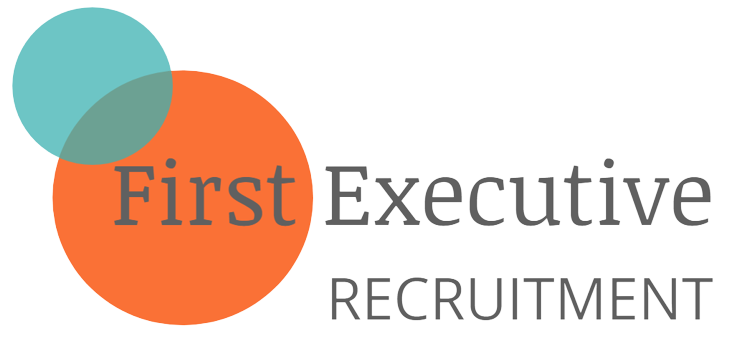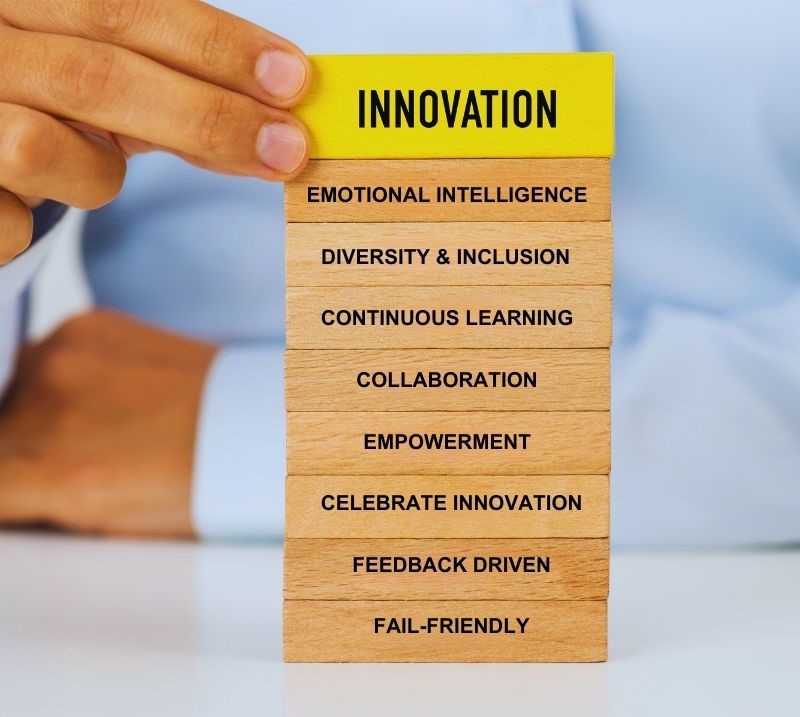In today’s rapidly changing business landscape, companies must embrace innovation and adaptability to stay competitive and thrive. Of course, this is familiar to us in manufacturing and engineering, but often we underestimate just how crucial this is both in our own industry and across others.
A culture that fosters innovation and adaptability not only drives growth but also attracts top talent and ensures long-term success. They are the ones that survive when the socioeconomic world around us gets turbulent.
We understand the significance of building a culture that values these qualities because we’ve seen its importance in action. So, in this article, we’ll look at how to create a culture of innovation and adaptability so that your business can develop its own strong culture which will lead to resilience.
The role of leadership in shaping culture
Culture flows from the top down, making it imperative for leaders to embody the values and traits that the company wishes to promote. The culture of a company is strongly shaped and influenced by the behaviours and decisions of its leadership team.
Therefore, building a culture of innovation and adaptability starts with hiring leaders who exemplify these traits and can drive the desired change within the organisation.
When hiring, prioritise cultural fit
When searching for executives and leaders to join your team or board, it’s crucial to prioritise cultural fit alongside the necessary skills, capability, and experience. A candidate may possess impressive qualifications, but if their values and approach to work do not align with the company’s vision, they become a weak link in the balance of the board in cultural terms.
As such, look for candidates who not only have the expertise for the role but also demonstrate a willingness to embrace change, experiment with new ideas, and foster collaboration. Work hard at the hiring stage, with the support of your recruitment experts, to measure a candidate’s values and persona in line with the organisation’s desired culture.
Learn more about understanding leadership styles before you start.
Assess emotional intelligence and flexibility
Emotional intelligence (EQ) and adaptability are vital qualities in leaders who will drive a culture of innovation. Leaders with high EQ can empathise with their team members, effectively communicate ideas, and build strong relationships.
Additionally, flexibility is essential, as it enables leaders to navigate uncertainty and respond effectively to unexpected challenges.
During the hiring process, assess candidates’ EQ and ability to adapt to changing circumstances to identify those who can positively influence the company’s culture. Look for evidence of their emotional intelligence in their past roles.
Promote diversity and inclusion
Diversity and inclusion are critical components of a culture of innovation and adaptability.
A diverse leadership team brings a wide range of perspectives and experiences to the table, fostering creativity and out-of-the-box thinking. Additionally, an inclusive environment ensures that all team members feel valued and heard, encouraging them to contribute their unique ideas and viewpoints.
Actively seek out new leaders and executives from diverse backgrounds and create an inclusive workplace where everyone feels welcome and appreciated.
Encourage continuous learning
A culture of innovation thrives on continuous learning and development. Encourage leaders to prioritise their personal and professional growth by providing opportunities for skill enhancement and knowledge acquisition. Support executive training, workshops, and conferences that can expose leaders to new ideas and industry trends. When leaders embrace continuous learning, they naturally become more innovative in the workplace.
Emphasise collaboration and teamwork
Innovation often stems from collaboration and the exchange of ideas. Foster a collaborative environment where leaders work together towards common goals. But also, encourage cross-functional teams and create spaces for brainstorming and idea-sharing across the breadth of the company. When leaders collaborate effectively with each other and those within the organisation, it sets the tone for a culture of cooperation and openness throughout the organisation.
Innovation thrives when diverse perspectives and expertise come together. Encouraging cross-functional collaboration allows employees from different departments and backgrounds to collaborate on projects and share their unique insights. Break down silos within the organisation and create opportunities for different teams to collaborate on projects or problem-solving initiatives.
The added benefit is greater unity across the company which enables the workforce to adjust more easily to change and challenges.
Provide autonomy and empowerment
To encourage innovation, leaders need the freedom to take calculated risks and make decisions without constant micromanagement. Provide leaders with autonomy and empower them to take ownership of their projects. When leaders feel trusted and supported, they are more likely to explore innovative solutions and drive positive change within the company.
Celebrate and reward innovation
Recognition and rewards play a crucial role in reinforcing a culture of innovation and adaptability. Acknowledge and celebrate employees and leaders who demonstrate creativity and innovative thinking. Implement a system of rewards and incentives that motivates everyone to value innovation, creativity and adaptability.
Create a feedback-driven culture
Feedback is essential for growth and improvement and so it’s important to foster a feedback-driven culture where leaders encourage open and constructive feedback from their team members. Regular feedback sessions can help identify areas for improvement and foster a culture of continuous improvement and adaptability.
Build a fail-friendly environment
Notwithstanding the importance of safety-first in engineering and manufacturing, cultures need to be developed where failure is considered part of learning. This is important because it allows the risks that enable innovation into uncharted territory.
When employees and leaders feel safe to take risks without fear of harsh repercussions for failures, they are more likely to think creatively and push the boundaries of what’s possible. When hiring executives, it’s worth talking about approaches to failure at the interview stage and asking for examples of this in action. By promoting a fail-friendly culture, you not only inspire innovation but also cultivate a resilient and adaptive workforce.
Choose insightful executive recruitment support
Building a culture of innovation and adaptability requires a concerted effort from the top leadership team. By prioritising cultural fit during the hiring process, and assessment of all of the above areas, especially when hiring executives, you can find the leaders that deliver. This will ensure your business thrives in the coming months and years.
We understand the vital role of balanced leadership teams in shaping company culture, and we know how to help you build yours, so that you can create a thriving culture of innovation and adaptability that drives long-term success. Get in touch on 0161 359 3111 to find your future leaders.

